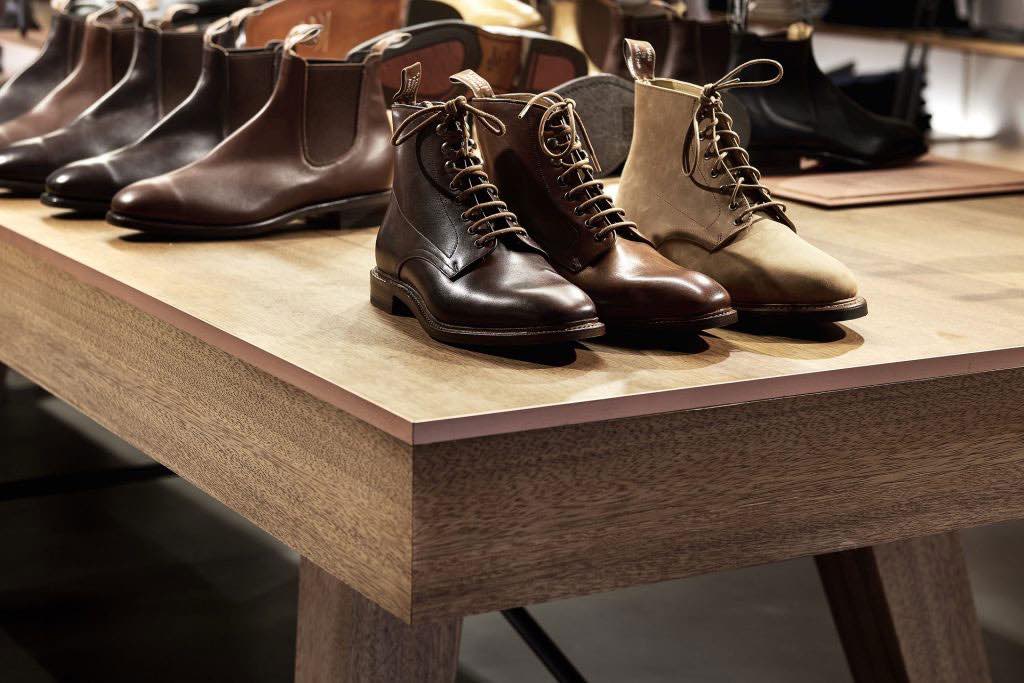In omni-channel retailing, physical stores have become all the more important, both for retailers and for wholesalers – as a means of establishing and promoting their brand in the marketplace. Here, we are talking about “Brand” in its deepest sense – not just a name or a label, but the set of values and expectations; lifestyle and perhaps even world view embodied in a true brand. People want to be part of the world of a true brand. Think about R.M. Williams, or Lululemon or Ralph Lauren.
A great store communicates what a brand is about, and in turn creates a physical embodiment of the brand for consumers. For this reason, all the built elements of the store need to be on point – including the materials and finishes used; the design elements; technology; lighting; space; fixtures and merchandising.
In terms of the latest in store environments, interior design trends are important – thanks to the Block and other house and garden shows, Australians know their stuff. Fashionable finishes like timber, stone and concrete are evident as stores become more like proper, living interiors and not just transactional spaces. This is all a long way from just steel racking and a counter. However, over and above trends in colour and finishes, what is important is that the store environment resonates with and communicates the relevant retail or product brand values.
Technological developments that result in new construction materials and new interior finishes can mean that high quality outcomes can be achieved, potentially at lower cost. Energy saving measures such as LED lighting are definitely part of that. Other technology changes that affect the store experience includes Point of Sale technology with computer screens built into sales counters, creating a cleaner, more streamlined look.
Physical shopping remains a form of leisure activity for many and, despite the convenience of online stores, sometimes we want to look at and touch and feel the products we are thinking of buying. In this way the physical store is an important showcase, even if shoppers ultimately purchase their product online. Consider Icebreaker, a NZ brand that makes high quality merino wool apparel with a sports/travel/adventure bent. Icebreaker have very few physical stores but those few are in major high end shopping centres and (in a nod to the store’s relationship to online shopping) they are called “Touch Labs”.
In years gone by, people talked about “the theatre of retail” but successful brands and successful retailers know that the real value lies way deeper than just a bit of theatre. As the “In Real Life” embodiment of a brand that is no doubt trading online, physical stores have an important role to play.

